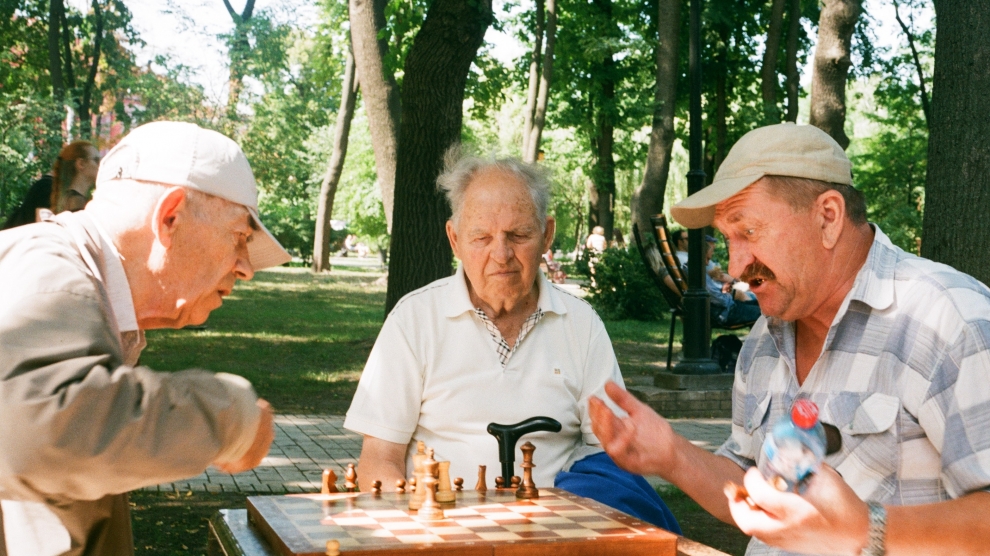It’s become one of the great ironies of the coronavirus pandemic in emerging Europe: while the elderly are constantly being told that they are the most at-risk group, they also appear to be the least willing to heed government indications and stay at home when told to do so.
Across the region, social media has been swamped with younger generations berating their elders for not taking the threat posed by Covid-19 seriously, words often accompanied with photos of crowded markets, packed with pensioners, few of whom are wearing masks.
In Romania, so serious has the problem become that the over-65s have been ordered to stay at home at all times, except for the hours of 11am-1pm or unless they are seeking urgent medical attention.
I understand the frustration of the younger generation (a generation to which I still like to think I belong).
We are told that we need to stay at home – and away from our parents and/or grandparents and other elderly relatives – in order to protect their health. And yet if that same vulnerable group of people is still insisting on going outside to busy markets (or elsewhere), eschewing all notions of social distancing, why should we stay at home?
It’s a fair question.
However, to understand why so many elderly people in emerging Europe are seemingly so carefree in their attitude towards the risks posed by the coronavirus, it’s necessary to think a little about the lives that they have led to this point.
All have lived through brutal communist dictatorships which habitually lied about every facet of public life. This led to the development of a healthy suspicion for official sources of information, which were rarely to be trusted. The fact that many parts of emerging Europe to this day lack a properly functioning independent media environment has not mitigated this suspicion.
With very few exceptions, most of the region’s elderly people also lived through periods of grinding poverty, when there was little in the shops. Some will remember the horrors of World War II, or the deportations of the late 1940s and early 1950s.
War, deportation, poverty, dictatorship and revolution: they harden the spirit, darken the soul. For anyone who has lived through them, why would an invisible threat such as coronavirus pose any concern at all?
By all means tell your elderly relatives to stay at home: the message may eventually get through, hopefully before it is too late. But at the same time try and understand their reluctance, or unwillingness, to take coronavirus seriously. If we had lived their lives, we too might think that Covid-19 was just another bagatelle.


Add Comment